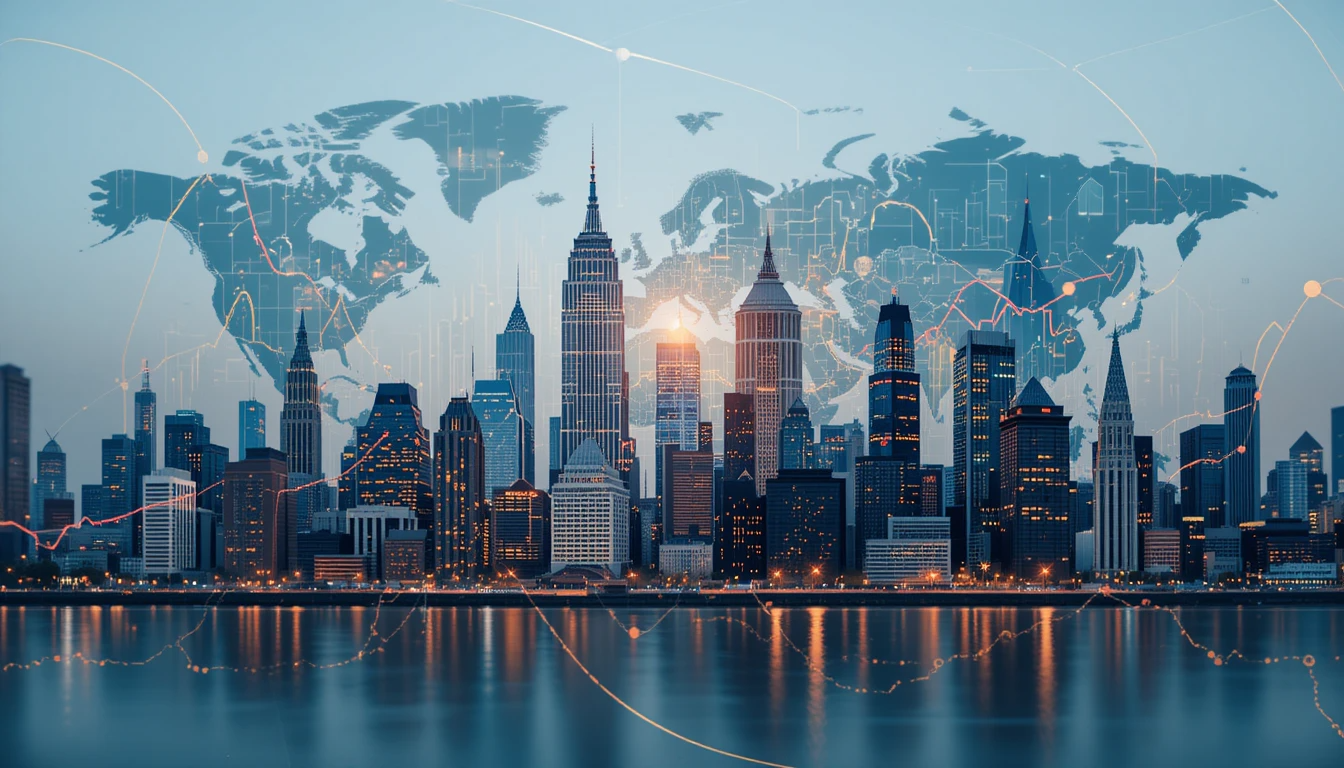It feels like every year brings new economic shifts, and 2025 is no exception. Between inflation, global tensions, and the rise of AI, the Western economy is clearly entering a new phase. I’ve been following the trends closely, and here’s a breakdown of what’s really happening — and what it could mean for the near future.
From inflation control to AI-driven industries, here’s how the Western economy is evolving in 2025 — and what it means for businesses and consumers.
The Western economy — especially that of the United States, the European Union, Canada, and the UK — is undergoing major changes in 2025. While inflation has eased from its post-pandemic highs, several new factors are now shaping the future of global finance and trade.
📊 Key Challenges in 2025:
- Interest Rates and Inflation:
Central banks such as the Federal Reserve and the European Central Bank have cautiously reduced interest rates after two years of monetary tightening. While inflation is stabilizing, prices in housing and energy remain high in many cities. - Geopolitical Tensions:
Trade policies are being reshaped by tensions between the West and major global players like China and Russia. This shift is forcing businesses to rethink their supply chains and investments. - Labor Market Adjustments:
Remote work has become a permanent feature, especially in tech and services. However, labor shortages in manufacturing and skilled trades continue to challenge growth in key industries.
💡 Emerging Trends in the Western Economy:
- Green Investments:
Governments are aggressively investing in clean energy infrastructure — from wind farms in the EU to EV incentives in the US — creating new job opportunities and reducing dependency on fossil fuels. - AI-Powered Productivity:
Artificial intelligence is boosting productivity across sectors, especially in finance, logistics, and customer service. Startups in Silicon Valley and Berlin are leading this shift. - Digital Currencies and Regulation:
Central banks are exploring the use of digital currencies (CBDCs) while increasing regulation on private cryptocurrencies. Financial inclusion and stability are key goals for 2025.
🌍 Global Cooperation Still Matters
Despite economic competition, international collaboration on climate change, digital tax laws, and tech ethics continues to play a crucial role. The Western economy is positioning itself as a leader in sustainable and ethical development.
